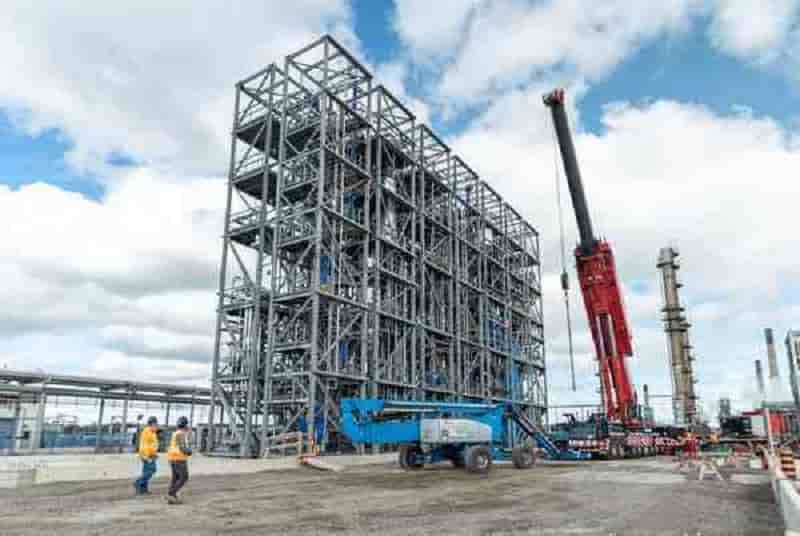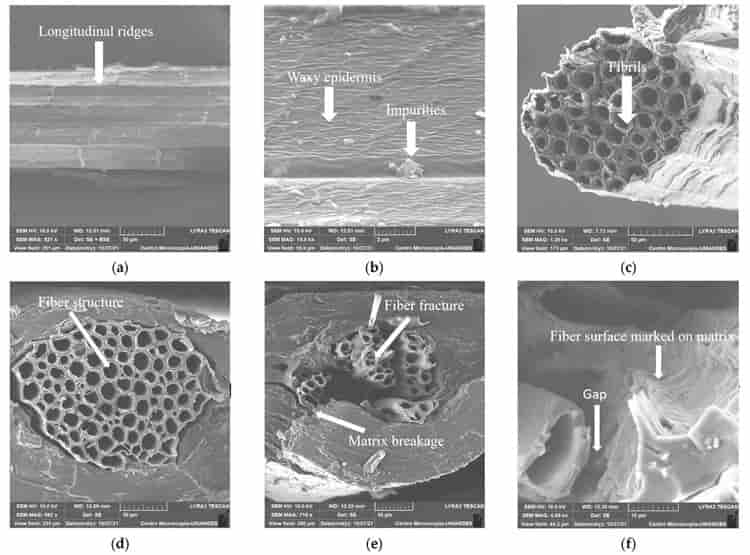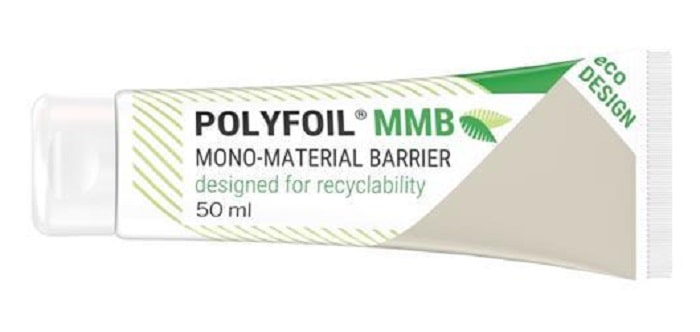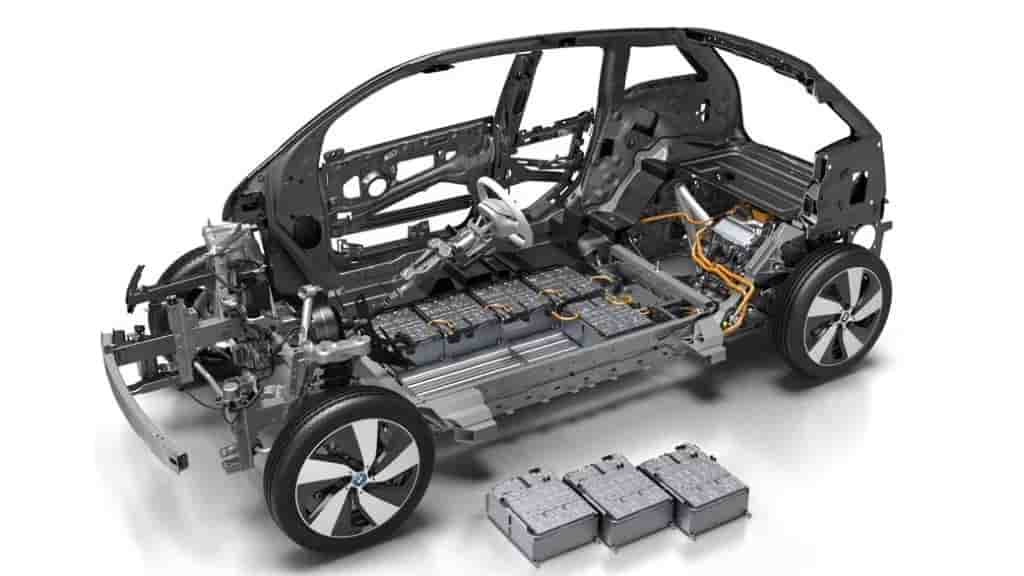Plastic-recyclers – Wood-sustainable-chemistry 19-02-2022 - Arhive
Plastic-recyclers – Wood-sustainable-chemistry
-Plans for chemical recycling growing at rapid pace
Chemical recycling is setting itself up to be a very big player in the future. German consulting firm Ecoprog GmbH says that as of the end of 2021, there were more than 90 chemical recycling projects in various stages of development worldwide.
More than 20 plants were in operation, although, the study said, most were not commercial plants but mainly served to advance the knowledge of this technology.
Chemical recycling is a topic of controversial debate within the waste management sector. Supporters argue that in the future, chemical recycling will allow plastics of all kinds to be recycled without downcycling. Plastic-recyclers – Wood-sustainable-chemistry
The element various technologies have in common is that they enable the recovery of contaminated and mixed waste streams that currently cannot be recycled mechanically. That considerably expanda the range of potentially circular plastics.
Critics mainly find fault with the high CO2 emission rates associated with chemical recycling. They also fear that waste streams are being diverted from a more climate-friendly mechanical recycling process in order to be chemically processed.
Controversy aside, the chemical recycling space is a dynamic one, with the overwhelming majority of new projects in planning in Europe. This market development is being driven, said the study, by the potential to recycle a far broader range and quality of plastics combined with the various quotas and targets for recyclability and recycled content use. Plastic-recyclers – Wood-sustainable-chemistry

-Sustainable Chemistry Based on Wood
Producing materials for solar cells, light-emitting diodes and other organic electronics applications as sustainably as possible Plastic-recyclers – Wood-sustainable-chemistry
Some hikers carry a small solar power plant with them: a foil is attached to their backpack that converts sunlight into electricity. This allows them to charge their mobile phone while on the move. Flexible, thin and lightweight solar panels can also be attached to outdoor clothing or glued to curved surfaces – such as the roofs of mobile homes.
Such solar cells capture the sun’s energy not with crystalline silicon, but with special organic materials. Unfortunately, these materials have so far been made from crude oil or natural gas – and that is not in the spirit of sustainability.
That’s why scientists are looking for alternatives. The team led by chemistry professor Holger Helten from the Julius-Maximilians-Universität (JMU) Würzburg in Bavaria, Germany, has a focus on the renewable raw material wood. Furans can be derived from wood, and these ring-shaped molecules are very suitable for organic electronics: they can be used for solar cells, light-emitting diodes, displays or electronic circuits. Plastic-recyclers – Wood-sustainable-chemistry
Boron stabilises furan-based polymers
Crucially, furan-based materials have much better properties for many applications than most materials used in organic electronics to date. Compared to standard thiophene-based materials, they have, among other things, a stronger luminosity and are more soluble – this simplifies their processing and saves solvents. Furans are also biodegradable, which is why such materials can probably be recycled.
Unfortunately, most furan-based materials are very unstable under ambient conditions; they decompose quickly in the presence of oxygen and light. But they can be stabilised by linking them with the element boron. “This produces compounds that can withstand temperatures of up to 300 degrees Celsius and remain unharmed by light for months,” says JMU chemist Maximilian Fest, who is doing his doctoral thesis under Professor Helten.
Environmentally friendly synthesis methods in use
Research into boron-containing polymers is still in its infancy. The Würzburg doctoral student is synthesising various new variants from boron and furans and characterising their properties. In doing so, he relies on environmentally friendly synthesis methods that are being developed in his professor’s working group.
Holger Helten explains why these methods are environmentally friendly: “The polymerisation of boron and furans, but also the synthesis of purely organic polymers, usually produces very questionable waste products.
Often these are organic tin compounds that are highly toxic to humans and the environment. With our approach, no metals are needed and no toxic waste is produced.” Plastic-recyclers – Wood-sustainable-chemistry

-Origin to build $750M PET plant in Louisiana
Sustainable materials firm Origin Materials plans to build a major plant-based PET resin plant in Louisiana. Plastic-recyclers – Wood-sustainable-chemistry
West Sacramento, Calif.-based Origin will spend at least $750 million to build the plant in Geismar, officials said in a Feb. 16 news release. The plant will use sustainable wood residue — sourced partly from Louisiana’s timber mills and managed forests — to make PET for packaging, textiles, apparel and other applications. Hydrothermal carbon, which can be used in fuel pellets, also will be produced at the site.
The plant will use Origin’s patented technology, which reduces the carbon emitted during production of widely used products ranging from food and beverage containers to parts for the auto industry. The project will create 200 direct jobs, as well as almost 900 indirect jobs and around 500 construction jobs. The plant’s annual production capacity wasn’t included in the release.
Louisiana Gov. John Bel Edwards said in the release that Origin’s “unique process of developing PET products from renewable wood fibers is yet another example of how the global shift toward sustainability can be a catalyst for economic investment and job creation in our state.” Plastic-recyclers – Wood-sustainable-chemistry
Construction is set to begin in mid-2023, with mechanical completion and operation by mid-2025.
“The demand for ‘net zero’-enabling materials is extremely strong, and we believe this plant will be instrumental in addressing demand for our products in the United States and internationally,” Origin Co-Founder and Co-CEO John Bissell said.
He added that local labor talent “is world-class across refining, forestry and agronomy, feedstock logistics and chemicals” and that the site “sits along the Mississippi River with easy access to barge and rail and plentiful local wood residue feedstock.” Plastic-recyclers – Wood-sustainable-chemistry

-Plantain-Reinforced Biopolymers
Manufacturing biopolymers from agricultural and industrial wastes is a growing area of research in materials sciences. Exploring the potential for producing commercially viable biopolymers from plantain agro-industrial waste, a team of researchers has published a new paper in Polymers.
Producing Sustainable Biopolymers and Biocomposites
Plastic is one of the most revolutionary materials of the 20th century. They have become an essential part of modern society, finding use in packaging, aerospace and automotive materials, electronic components, and many more applications. Their superior mechanical, physiochemical, and thermal properties have facilitated extensive research into these materials for numerous innovative commercial products. Plastic-recyclers – Wood-sustainable-chemistry
However, plastic manufacturing places a significant burden on both the environment and society. The plastics industry is responsible for a considerable proportion of the carbon emissions and waste produced globally, with polymers taking hundreds of years to degrade within the environment. Additionally, the production and disposal of conventional fossil-fuel-derived polymers leach toxic chemicals into the environment, where they accumulate. Microplastics and chemical by-products also enter the food chain, presenting a risk to human health.
Due to the well-recognized damage that conventional hydrocarbon-based plastics cause, research has focused in recent years on the production of biopolymers and biocomposite materials. Many different renewable, non-toxic, and carbon-neutral biomass sources for plastics have been explored by researchers across the world. To be commercially viable, biocomposites and bioplastics must display comparable properties to plastics conventionally produced from fossil fuel sources.
Studies have mainly focused on a few biomass sources for biocomposite plastics, including hemp, flax, bamboo, and sisal. The search for alternative biomass materials which can be used as fiber reinforcement to improve the physical and mechanical properties of biocomposites has been a key focus in bioplastics research over the past few years. Sources explored include plant species such as Prosopis juliflora and Abelomoschus escuelentus. Plastic-recyclers – Wood-sustainable-chemistry
Using Starch as a Bio-polymer Material
Due to their ability to form viable bio-based polymers, organic macromolecules such as proteins and polysaccharides have been widely explored by researchers. These macromolecules are abundant in waste streams, but unfortunately at the moment most are sent to landfills or incinerated, wasting a potentially valuable sustainable source of materials for the bioplastics and bio-composite industry.

-Association of Plastic Recyclers approval for Neopac’s monomaterial barrier tube
Hoffmann Neopac, a global provider of packaging for pharmaceuticals, beauty, and oral care, has been granted approval for its Polyfoil MMB mono-material barrier tube by the Association of Plastic Recyclers (APR). Plastic-recyclers – Wood-sustainable-chemistry
According to Neopac, the tube body is made through a “first-of-its-kind” adhesive laminated process, which differs from the existing blown film and extruded film solutions recently adopted by oral care brands. This reportedly offers advanced barrier and aesthetic options in the tube body.
In addition, Neopac says the tube’s shoulder and cap are made with low MFI HDPE and 2% foreign material. The solution is available with a metallised look and, whe combined with Neopac’s HDPE screw and hinge closures, is allegedly fully ready for recycling in PE rigid streams. Plastic-recyclers – Wood-sustainable-chemistry
Neopac claims that the Polyfoil MMB tubes can reduce packaging carbon footprints by up to 38% compared with traditional laminated tubes. The tubes also offer “attractive” printing and decorative options, according to the company.
To gain approval from the US-based Association of Plastic Recyclers, a review committee appointed per the APR Recognition Operating Procedures reviewed Neopac’s data submission.
The group concluded that the research was “correctly developed by a qualified laboratory”, as well as certifying that the Polyfoil MMB tubes meet or exceed test conditions and criteria for recyclability in the HDPE bottle stream. The tubes both with and without the thin film metallisation option passed the assessment, according to Neopac. Plastic-recyclers – Wood-sustainable-chemistry

-Aqua Metals’ lithium-ion battery recycling concept closer to completion
Aqua Metals has made progress in moving its lithium-ion battery (LiB) recycling process from concept to execution to meet the growing global demand for lithium-ion battery recycling and supply chain needs. Plastic-recyclers – Wood-sustainable-chemistry
The Aqua Metals LiNiCo strategic alliance provides the venue for Aqua Metals to apply its AquaRefining process to LiB recycling in a commercial production facility. Aqua Metals’ preliminary work has yielded promising results, meeting benchmarks and has the potential to achieve end-to-end recycling as early as the end of the year.
LiNiCo is focused on developing and implementing its novel LiB crushing, separation, and extraction processes for lithium and graphite. Aqua Metals plans to process the black mass produced by LiNiCo and others to produce pure nickel, cobalt copper, and other key high-value compounds. The company has already successfully lab-tested cobalt plating, yielding high purity cobalt. Aqua Metals is targeting a pilot circuit that will produce meaningful quantities of critical metals and compounds by late summer or early fall 2022. Plastic-recyclers – Wood-sustainable-chemistry
The two companies plan to combine their technologies in a 140,000 square foot LiNiCo plant in the Tahoe-Reno Industrial Center, to create a fully integrated recycling and refining operation with commercial production beginning and scaling by late 2022 or early 2023.
To help Aqua Metals define and achieve its rapid growth roadmap, the company has also appointed Dave McMurtry as the chief strategist. McMurtry is responsible for assisting with the development of Aqua Metals’ go-to-market strategy for AquaRefining. His global experience of working in more than 80 countries on five continents will help accelerate the company’s borderless licensing model, partnering with LiB ecosystem players (recyclers, battery manufacturers, distribution, and collection companies) that are looking for sustainable metals recycling that will deliver high-value metals back into the manufacturing supply chain while reducing emissions and toxic byproducts. Plastic-recyclers – Wood-sustainable-chemistry

Plastic-recyclers – Wood-sustainable-chemistry
